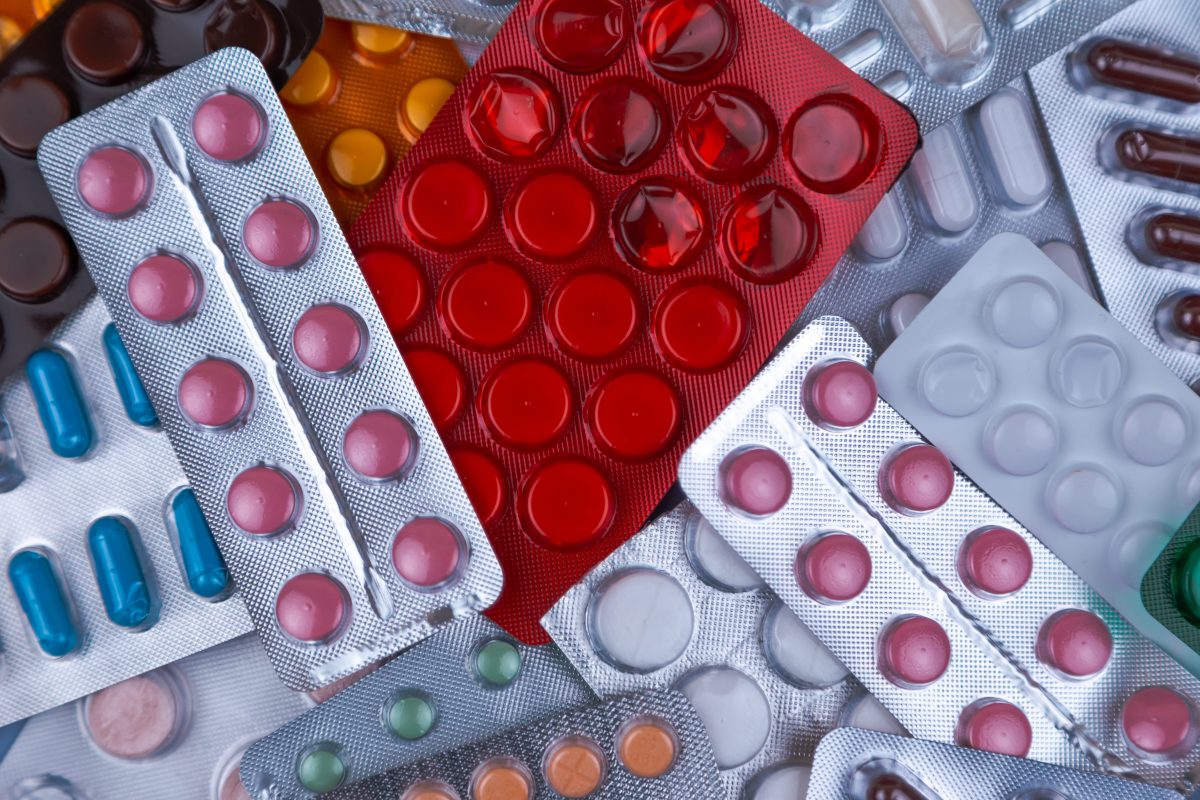Drug addiction, also called substance use disorder, is a disease that affects a person’s brain and behaviour and leads to an inability to control the use of a legal or illegal drug or medication. When you are addicted, you may continue using the drug despite the harm it causes.
Drug addiction can start with experimental use of a recreational drug in social situations, and, for some people, the drug use becomes more frequent. For others, particularly with opioids, drug addiction begins with exposure to prescribed medications.
The risk of addiction and how fast you become addicted varies by drug. Some drugs, such as opioid painkillers, have a higher risk and cause addiction more quickly than others.
As time passes, you may need larger doses of the drug to get high. Soon you may need the drug just to feel good. As your drug use increases, you may find that it’s increasingly difficult to go without the drug. Attempts to stop drug use may cause intense cravings and make you feel physically ill, leading to health problems (withdrawal symptoms).
What are the signs of Drug Addiction?
- Feeling that you have to use the drug regularly — daily or even several times a day.
- Having intense urges for the drug that block out any other thoughts.
- Over time, needing more of the drug to get the same effect.
- Taking larger amounts of the drug over a longer period of time than you intended.
- Making certain that you maintain a supply of the drug.
- Spending money on the drug, even though you can’t afford it.
- Not meeting obligations and work responsibilities, or cutting back on social or recreational activities because of drug use.
- Continuing to use the drug, even though you know it’s causing problems in your life or causing you physical or psychological harm.
- Doing things to get the drug that you normally wouldn’t do, such as stealing.
- Driving or doing other risky activities when you’re under the influence of the drug.
- Spending a good deal of time getting the drug, using the drug or recovering from the effects of the drug.
- Failing in your attempts to stop using the drug.
- Experiencing withdrawal symptoms when you attempt to stop taking the drug.
Help with Drug Addiction.
If you think you or your loved one may be suffering from Drug Addiction, call to talk about the signs of Drug Addiction and your individual situation.
Call us now on 0800 1404044 or get in touch.
Understanding the Factors Behind Drug Addiction
Drug addiction does not happen overnight. There are many factors including genetics, family environment (and other environmental factors), trauma, and mental health conditions. Some people are more vulnerable to developing an addiction than others because of their background, lifestyle, or medical history.
The National Institute on Drug Abuse highlights that drug addiction is a complex condition influenced by both biology and environment.
People who experience stress, have a family history of substance misuse, or live with untreated mental health conditions are more at risk. These risk factors do not guarantee that someone will develop a problem, but they do increase the chances that drug use could lead to addiction.
The Impact of Drug Use
When people become addicted to drugs, the effects start subtly, but over time the impact becomes severe and addiction is a chronic disease. Common warning signs include changes in mood, declining physical health, and difficulties maintaining responsibilities.
People often describe spending a lot of time thinking about drugs, seeking them out, and recovering from their effects. This cycle can make life feel unmanageable.
The risks of drug misuse are wide ranging. They include physical damage to the body, mental health difficulties, legal problems, broken relationships, and financial strain. The longer the use continues, the greater the chance of long term harm.
The Medical Perspective
Healthcare professionals use tools such as the Diagnostic and Statistical Manual of Mental Disorders to understand substance use disorders. This helps them identify the level of severity, from mild through to severe addiction.
By recognising addiction as a medical condition rather than a moral failing, treatment can be approached with greater compassion and effectiveness.
It is also important to note that people with conditions such as Attention Deficit Hyperactivity Disorder ADHD may be at greater risk of misusing drugs. For some, medication is part of their treatment plan, yet without proper support this can lead to dependency.
Pathways to Treatment and Recovery
Breaking free from addiction is possible with the right help. For some people, outpatient support is enough, while others benefit from more structured options such as residential treatment. These programmes provide a safe and supportive environment where recovery can begin without the constant triggers of daily life.
Treatment may include counselling, medical detox, group therapy, and practical support. Recovery is not just about stopping drug use, it is about building a healthier future and learning new ways to cope. With professional support, many people achieve long term recovery and go on to rebuild their lives.
Moving Forward with Compassion
At Addictions UK we understand how overwhelming drug addiction can feel. Whether you are concerned about yourself or a loved one, it is never too late to ask for help. Every individual’s story is different, and recovery should be shaped around your unique needs.
You do not have to face this journey alone. By reaching out for support, you are taking the first step towards change. Compassion, understanding, and professional guidance can make all the difference in creating a life free from addiction.
